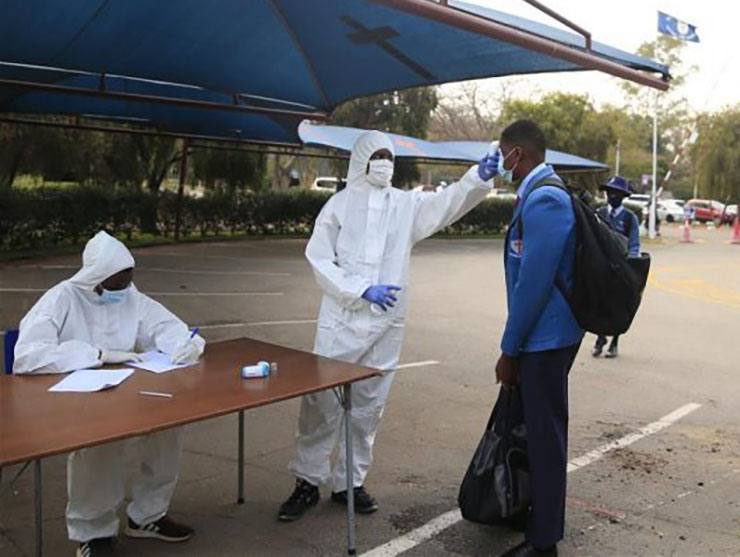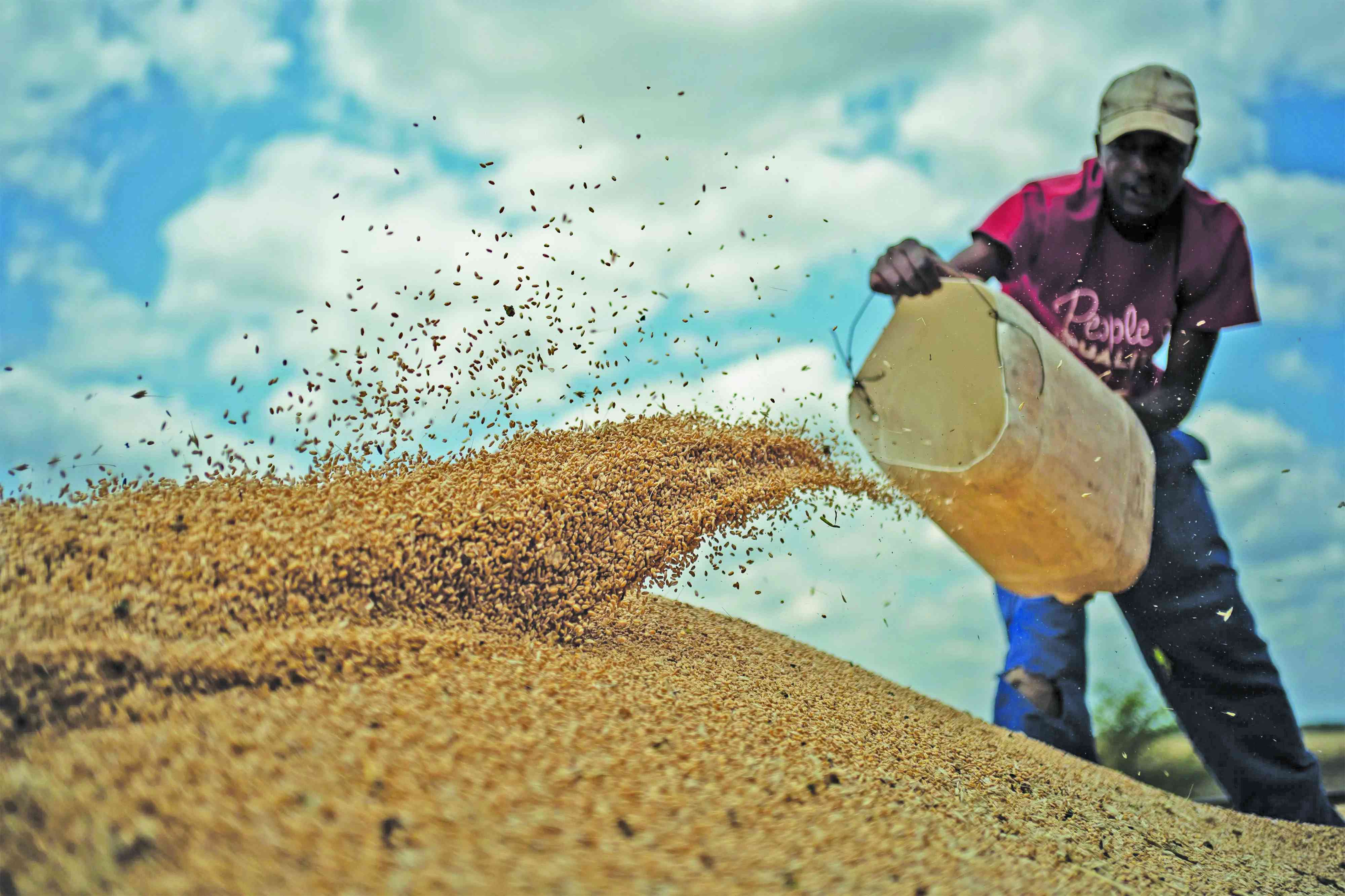
REPORTS of COVID-19 outbreaks so soon after schools reopened for the second term make for uneasy reading for parents and guardians.
The government had almost three months to thoroughly prepare and put protocols in place to guarantee safety of the returning students and teachers, but in typical fashion, schools and parents were left to fend for themselves.
Clearly, not much has been done in terms of preparations and it is disappointing that the government keeps repeating the same mistakes and not heeding calls from other stakeholders on how to protect the learners and teachers.
Tension with teachers unions over salaries and their safety will only be magnified by the new cases and, with the majority of educators still to take the jab, many will stay away for fear of contracting the deadly virus.
Schools should have been equipped to conduct tests at a subsidised fee, but it has been left to the institutions to put in place their own protocols and demand COVID-19 free certificates. The rest are only relying on temperature checks and sanitising of hands.
While for the most part young people have previously not been affected to a similar extent as adults, in some countries the Delta variant has been taking its toll on schoolchildren.
In fact, Singapore was forced to shut down its schools because of rising infections among the young a few months ago, while globally, cases are spiking among school-goers.
The Primary and Secondary Education ministry appears to be on autopilot, and has basically mortgaged its responsibilities to individual schools and parents instead of leading in providing guidance.
- Chamisa under fire over US$120K donation
- Mavhunga puts DeMbare into Chibuku quarterfinals
- Pension funds bet on Cabora Bassa oilfields
- Councils defy govt fire tender directive
Keep Reading
We implore the ministry to collaborate more with the Health ministry and put in place measures that will quickly contain the disease and halt further spread.
While closing schools is no longer feasible given that the children have spent more than half the year at home, there are other means that can address this rather tricky scenario.
Widespread testing is key, as is accelerated vaccination, especially in schools now that the bulk of teachers and students are close at hand.
If authorities are not careful, this could herald the beginning of a fourth wave and given the poor state of Zimbabwe’s health sector and economy this might be catastrophic.
Hospitals were overwhelmed, almost grinding to a halt during the third wave, which killed thousands of people across the country. Any more strain could be a knockout punch.
While efforts to vaccinate as many people as possible are lauded, we are still far from the 10 million, the target set by government to achieve herd immunity. Experts have, however, warned that the emergence of new variants including the Delta strain means that the notion of herd immunity can be trashed.
That means we need other measures like providing adequate personal protective gear for the teachers as well as sanitary services, infrastructure such as running water and handwashing facilities.
Due to a broken public transport system, schoolchildren travel on the crowded Zupco buses, mingling with other citizens which leaves them prone to infection.
Schools should have been equipped with proper isolation bays in the event of outbreaks, but what we are seeing is children being sent home, putting entire families at risk.
Fighting COVID-19 needs a collective effort and there are many partners who are willing to work alongside the government, but are not being given the opportunity.
Zimbabwe needs all the help and so we urge government to address this urgently.











